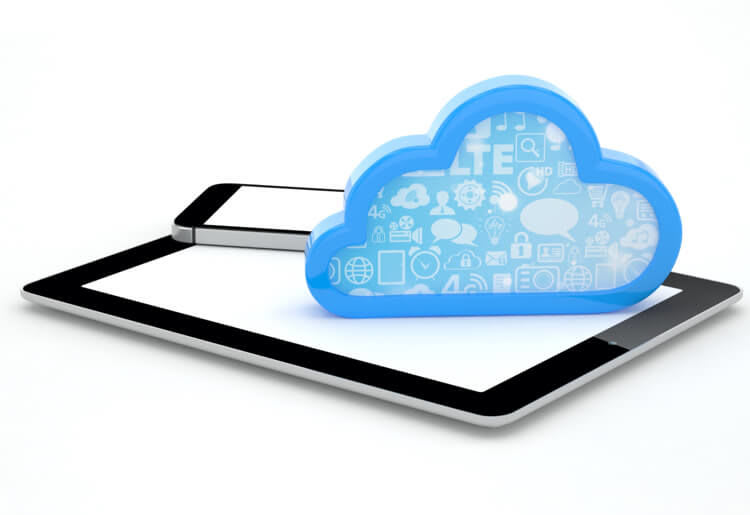Here's a simple primer to help you learn how these setups could improve your capacity to communicate.
VoIP Basics:
VoIP systems are private branch exchanges, or PBXs, that employ Internet-capable hardware to let users communicate on the same networks that carry data. In most cases, VoIP systems are set up within corporate facilities so that companies can connect different departments and human resources without installing dedicated phone wiring, relying on complex circuit switching or paying for expensive services.
Understanding Cloud Based Phone Systems:
Most VoIP devices, like phones and fax machines, are simply connected to the nearest networked computer. The computer's Ethernet card or similar network interface routes the voice data packets separately from those that carry Internet information. Installing a VoIP system may require some initial time and material expenditures.
Cloud calling takes the concept to the next logical step by abstracting more of the process into the software layer. Data relating to calls, messages, contact information and routing is all stored on a secure server. As a result, VoIP cloud technology can still function with the same kind of hardware that a business might employ to run its regular VoIP system, but the fact that the data is housed remotely affords increased flexibility.
Assigning Cloud Phone Numbers
One advantage of cloud based phone systems is that they're not necessarily tied to specific hardware. For instance, a small startup company that lacks the material or capital resources to build a complete VoIP installation could choose to route calls to its employees' cell phones instead of the devices at their workstations. The same company might temporarily have calls redirected to account for unexpected staff absences or keep people in the loop when they're out on service appointments. Such strategies reduce entry costs and permit advanced configuration without demanding in-depth setup.
Using VoIP Cloud Forwarding
Cloud call forwarding benefits from similar advantages. Users often set up complex routing schemes that automatically direct calls to specific departments or staff. Companies that deal with numerous support tickets can flag call recordings or other data to gather more information and provide improved service.
Managing Messages and Data
Because cloud calling is so software driven, it may be easier to keep communication records and similar data organized. The majority of cloud systems feature some kind of user interface or tool that lets administrators view usage records, confirm settings and make changes in-house. These features make the technology popular with smaller entities.
Important Considerations
Many cloud systems differ from regular VoIP in that they don't use public data networks for voice transmission. Instead, they rely on existing landlines or cellphone networks to realize high audio quality and improved bandwidth control.
Cloud phone systems and virtual PBX products all have unique advantages, but there's no outright winner in the world of VoIP. Each business should consider the pros and cons of different technologies to make the most of their existing assets and maintain an acceptable level of regular service.
